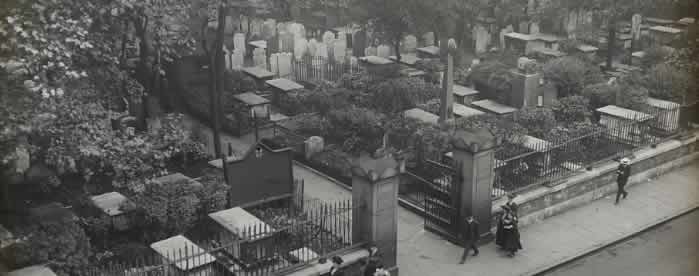15 April 1804: Keats’s Father Dies in a Riding Accident
City Road, near Bunhill Fields Cemetery, London
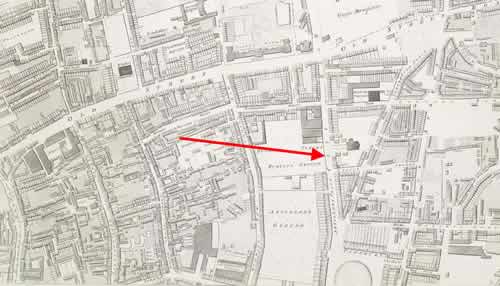
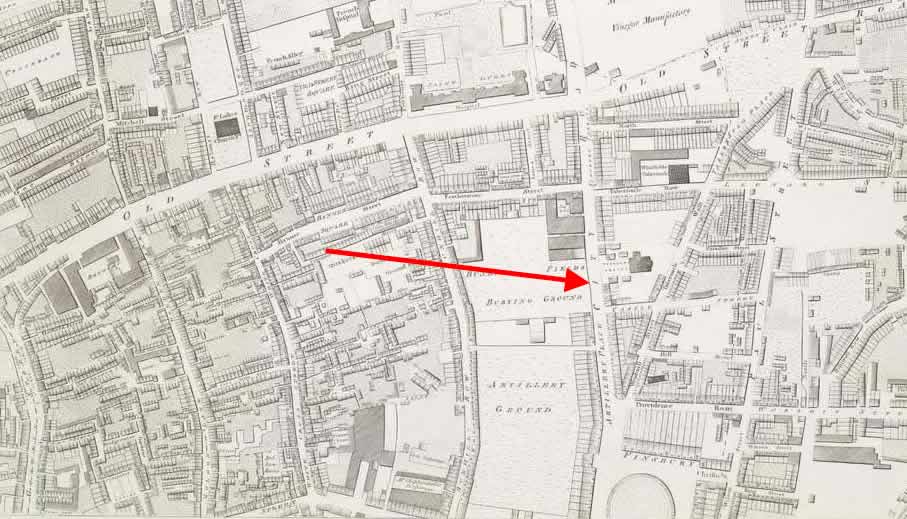
Where, at 1:00 am., Keats’s father, Thomas Keats, aged thirty (or perhaps thirty-one), is fatally injured in a horseback-riding accident, along City Road and close to Bunhill Fields, likely hitting the main gate to Bunhill Fields cemetery.* It appears the right side of his head is the main point of impact. He dies hours later. He had been visiting his sons at school. Vague surmise could be that Thomas may have been drinking, but riding injuries and deaths are not unusual during the era—horses can spook, come upon uneven or damaged pavement, fail to negotiate cobble stones, slip during wet conditions, have bad light, or a combination of any of these. Keats is eight years old.
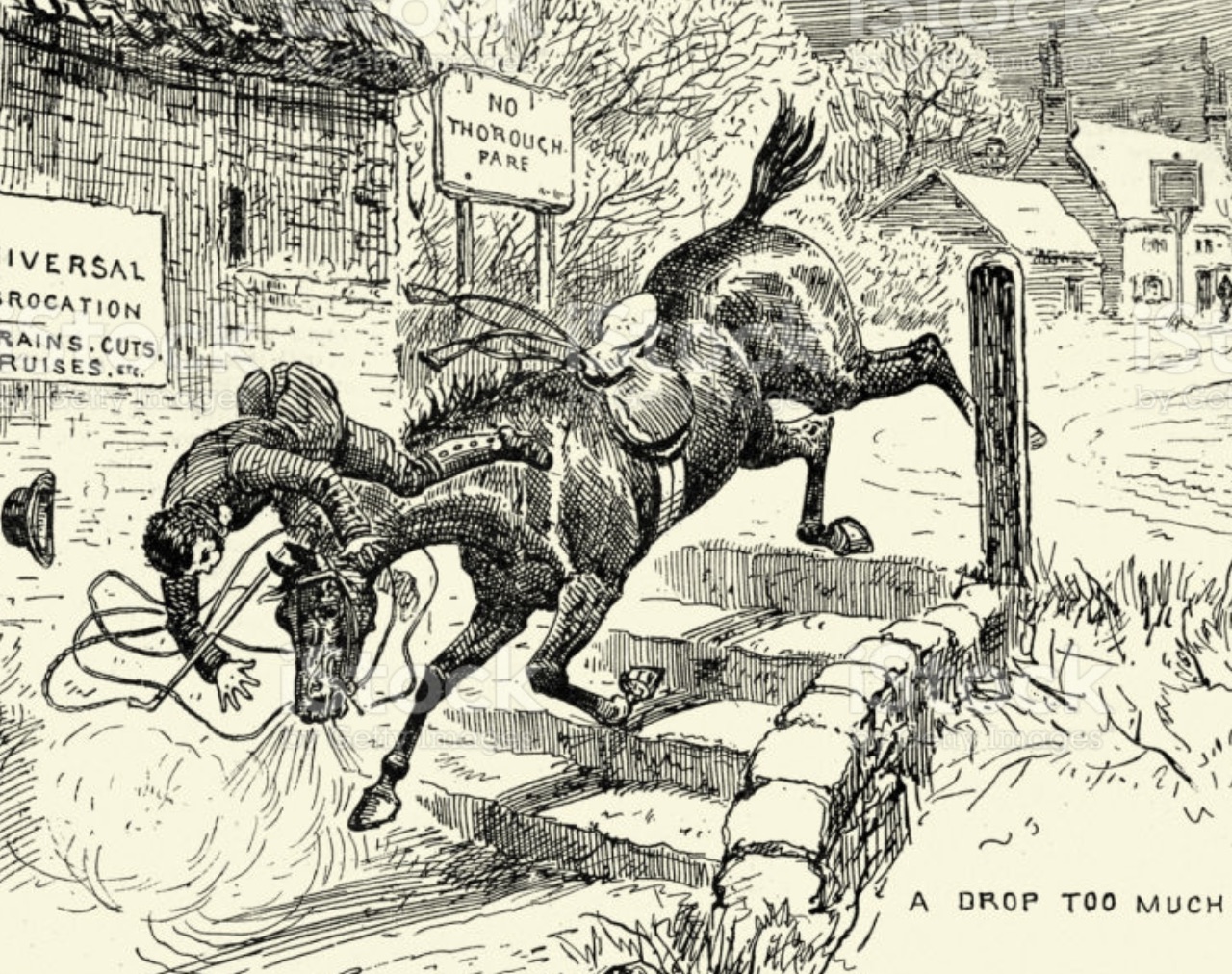

We do not have a full picture of Thomas or his family background, except that he was dark-haired, seen by some as lively, energetic, and hard-working, that (despite the accident) he was an excellent horseman, and perhaps came from an unexceptional background; little, however, is certain.
The death of Keats’s father greatly complicates his family life. His mother, Frances, remarries very quickly (in just over two months) and unsuccessfully (to a dubious but minor-league fortune hunter, it seems). The Keats children go to live with their maternal grandparents in Edmonton; their mother joins them in a few years. Frances may have experienced some personal problems during those few years, but here we would only be guessing.
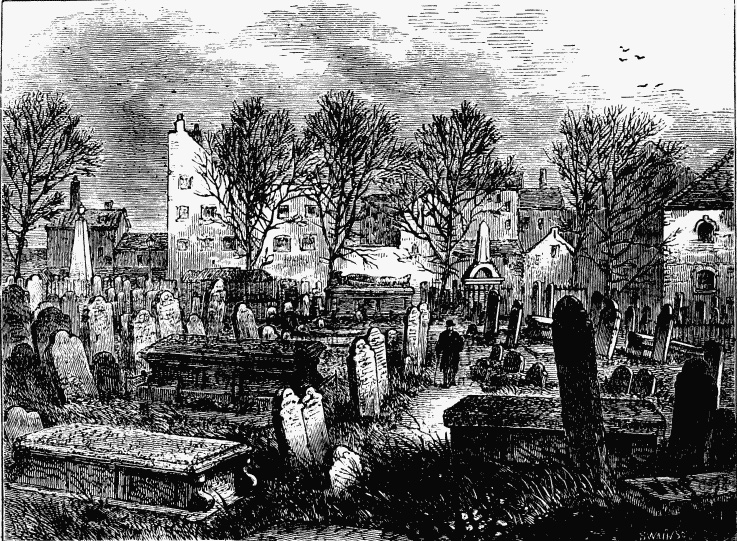

Point of interest: Bunhill Fields is where William Blake, John Bunyan, and Daniel Defoe are buried. The cemetery was closed to further burials in 1860.
1804: Kant dies; Joseph Priestly dies; Benjamin Disraeli born; Nathaniel Hawthorne born; William Blake acquitted for sedition; William Wordsworth completes his Intimations Ode; Friedrich Schiller’s play Wilhelm Tell first performed under the direction of Johann Wolfgang von Goethe; Napoleon proclaimed Emperor; Spain declares war on the UK; the famous Hammersmith Ghost murder case; The Lewis and Clark Expedition begins; William Congreve develops of solid-fuel rocket as an artillery weapon; German pharmacist Friedrich Sertürner isolates morphine from opium.
